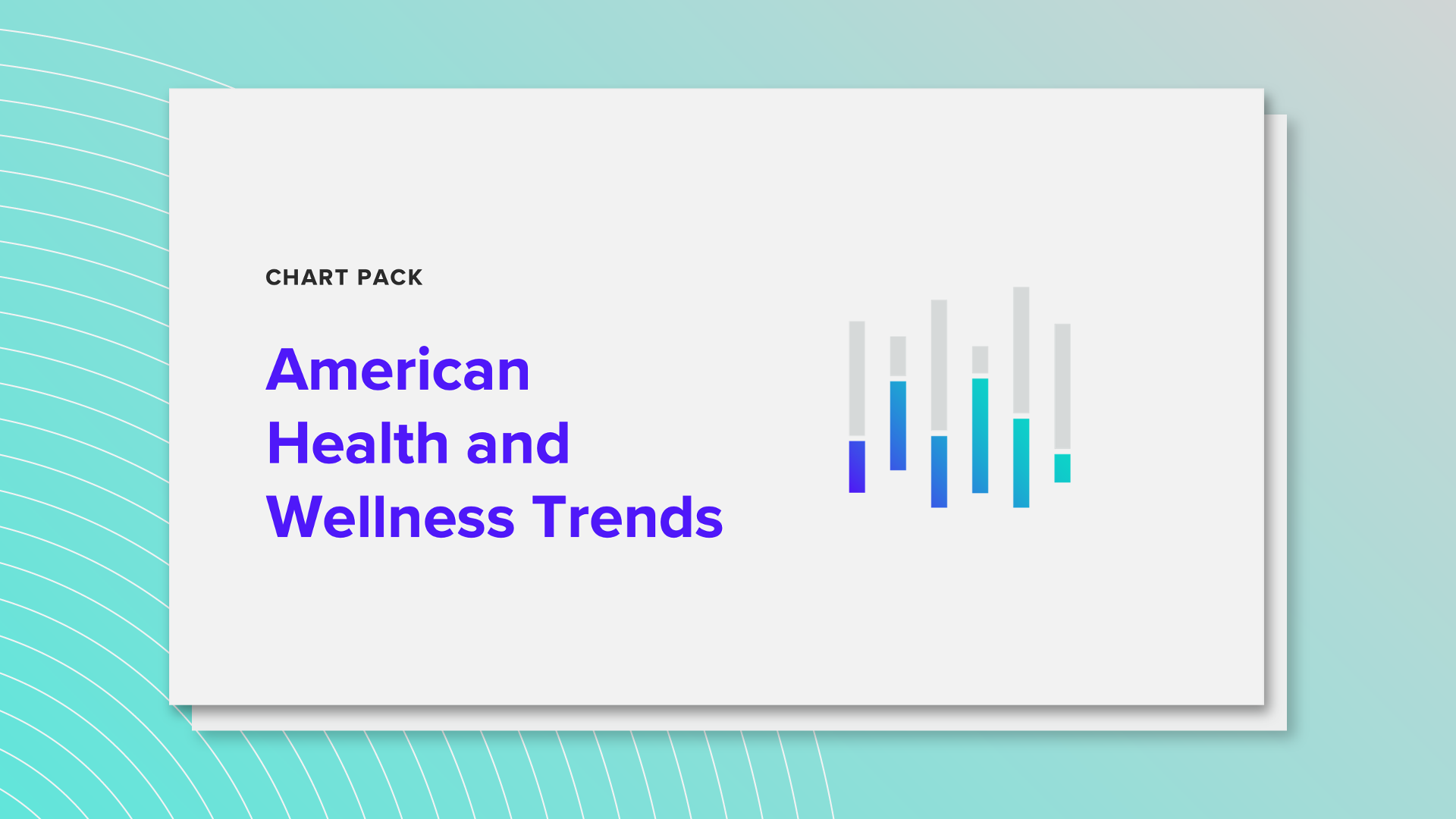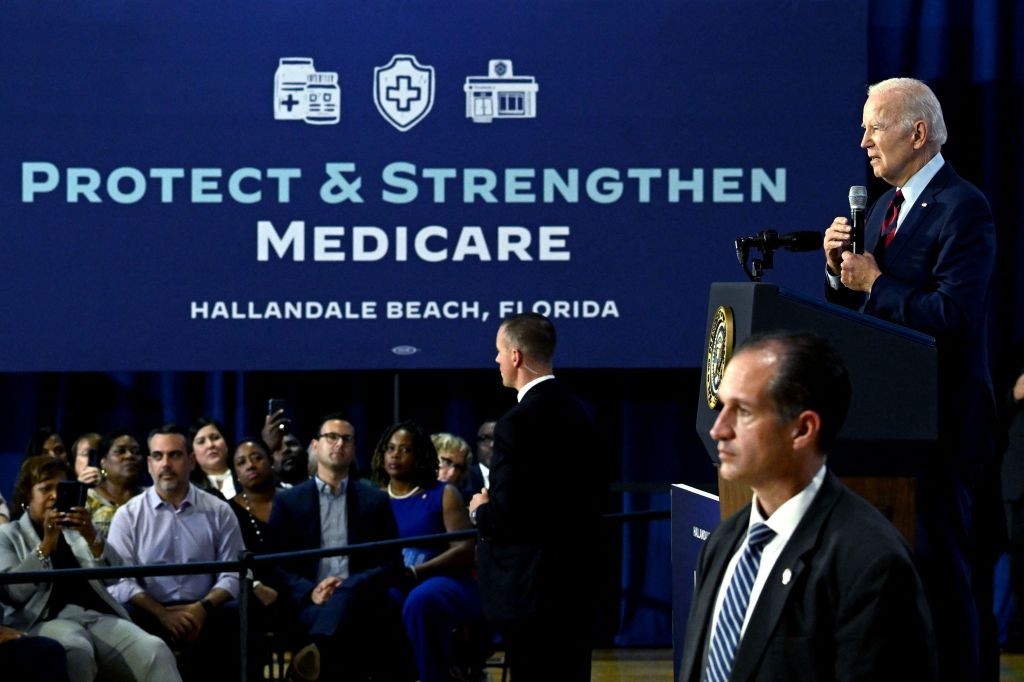How Current and Potential Mental Health Patients Face Similar Issues to Receiving Care

Key Takeaways
For many people who do not receive mental health care but want to, a range of problems like costs and no health insurance coverage impede their access.
About 1 in 3 U.S. adults who take medication for their mental health say they struggle to afford their prescription drugs or do not have insurance coverage.
Providers could offer hybrid models rather than virtual-only ones to reach patients who need mental health services, though most consumers said in-person mental health care is higher quality and more efficient than online.
For our latest health care data and analysis, sign up for our daily health news briefing.
Despite efforts to bring more attention to the importance of treating mental health, there are still significant barriers in the U.S. health system that make it hard for people to get care they desperately need, or that keep people from receiving it altogether.
A new Morning Consult survey found that roughly 1 in 4 U.S. adults who do not currently receive mental health care said they want to in the next three months — meaning there are still gaps with people who need care and are not getting it.
Specific demographics at scale: Surveying thousands of consumers around the world every day powers our ability to examine and analyze perceptions and habits of more specific demographics at scale, like those featured here.
Why it matters: Leaders need a better understanding of their audiences when making key decisions. Our comprehensive approach to understanding audience profiles complements the “who” of demographics and the “what” of behavioral data with critical insights and analysis on the “why.”
People who already receive mental health care services, meanwhile, face many of the same issues that plague potential patients, like high costs, lack of health coverage and limited access to care.
Among adults who currently receive mental health care services, roughly half said they have struggled to find a provider they are comfortable with. Meanwhile, 44% said they have a hard time finding the right type of care, 41% said they had issues accessing care and 39% said they struggle to afford the services.
Many Adults Who Use Mental Health Services Struggle With Cost, Access and Finding the Right Provider
People who are not currently receiving mental health services also deal with the same challenges. To many, cost is a barrier: 15% said not being able to afford treatment was a “major” reason they do not get it, and 17% said cost was a “minor” reason. Meanwhile, 12% said not having coverage was a major reason, and 14% said it was a minor reason.
The results show that hurdles in the U.S. health system are preventing those who want to receive care from obtaining it, not people’s desire or need.
The lack of health coverage and high costs can be huge hurdles to care, even for those with private insurance. People who had depression and/or anxiety in 2021 paid on average over $600 more in out-of-pocket costs than people with no mental health diagnoses.
Much like many other health care challenges, the COVID-19 pandemic hurt people’s mental health and exacerbated many challenges people with mental health disorders were already facing.
Nearly 1 in 3 people reported symptoms of anxiety and/or depressive disorder in February, down from 39% in February 2021, roughly a year into the pandemic, according to a report from the health care group KFF. Despite a slight decline, the figure is still notable.
The stigma of seeking care for mental health issues remains a persistent problem, even among people who are already being treated for mental health: More than 1 in 3 of these adults said they are afraid of what others might think of them.
People struggle with the high costs of prescription drugs and lack of insurance coverage
Not only do people experience problems accessing services like therapy, but they also face barriers to getting medication. More than 2 in 5 adults who take medication for their mental health said they have a difficult time finding drugs that work for them, and a similar share struggle with side effects.
More Than 1 in 3 U.S. Adults Who Take Medication for Mental Health Issues Struggle to Afford It
Roughly 1 in 3 people who take medication for mental health disorders said they struggle to afford it or their insurance coverage does not cover their drugs, highlighting a pressure point the country currently faces about the cost and access problems of prescription drugs.
Reining in rising drug prices has become a hot-button issue in the health care industry, as the country collectively spends hundreds of billions of dollars on prescription drugs each year. Medicare has recently begun its drug price negotiation program, which was created as part of the Inflation Reduction Act after a decadeslong effort by Democrats.
The Biden administration recently released the first 10 drugs that will be part of negotiations, and the program has overwhelming support from registered voters. Most people even support expanding Medicare’s negotiation powers.
However, the pharmaceutical industry has aggressively fought to shut the program down, with top companies and lobbying groups filing multiple lawsuits to block it.
People who are not Medicare beneficiaries also have trouble affording their drugs: 48% of millennials and 29% of Gen Xers who take mental health medications said they struggle with the costs, according to Morning Consult’s survey.
The public favors in-person mental health care over virtual-only models
The COVID-19 pandemic fueled an explosion in virtual health care utilization, and mental health care was one of the services that benefited.
Telehealth claims accounted for 5.4% of medical claim lines in June, compared with 0.16% in June 2019. Among all telehealth claim lines, roughly 69% accounted for mental health services in June this year, compared with 34% in June 2019.
However, as the country transitions out of the public health emergency and behaviors return to pre-pandemic norms, people do not prefer virtual mental health care — or virtual care models in general, for that matter.
Much of the public said in-person mental health services were higher quality, more affordable and more efficient: Just 10% of U.S. adults said virtual services had better quality.
However, virtual care may be catching on more for mental health services than for other health care services: People were more likely to say that there was no difference between virtual and in-person care in terms of quality, affordability and efficiency for mental health services than for general health care services.
Most Americans Favor In-Person Mental Health Care for Efficiency and Quality
The use of fitness trackers and health-related smartphone apps has grown steadily in recent years. A January Morning Consult survey found that nearly 1 in 4 people who use health apps track their mental health or use them for medication management.
When it comes to virtual mental health services, however, people predominantly use video calls. Nearly 2 in 3 adults who use virtual mental health care services said they do video calls with a health care provider or specialist, while 36% said they text or chat with specialists online and 15% said they use automated chatbots.
Nearly 2 in 3 Adults Who Use Online Mental Health Services Meet With Specialists Over Video
Mental health awareness has become more prevalent over the past few years, especially coming out of the worst days of the pandemic, when many people experienced increased symptoms of stress, depression and anxiety. Morning Consult’s latest survey shows that there is consumer interest in — and need for — mental health services. However, there are still barriers in the U.S. health system that make it challenging for people who do receive care, and even keep those who need such services from receiving them.
Similar to results from our survey on more general health care services, consumers clearly do not want virtual-only models for mental health care. Instead, providers should listen to consumers and offer both in-person and hybrid models to attract patients.
Ricky Zipp previously worked at Morning Consult as a health care analyst on the Industry Intelligence team.


